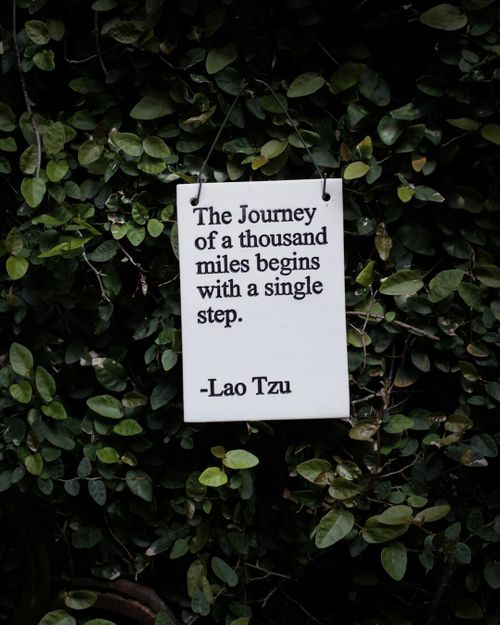Epistemology Unveiled: A Journey into Knowledge and Doubt
Apr 10, 2024 · 2 mins read
0
Share

Knowledge is not a static entity, but rather a dynamic process, shaped by our experiences and interactions with the world.
Save
Share
Epistemology, the study of knowledge, explores the nature, sources, and limits of human understanding.
Save
Share
One of the key questions in epistemology is the problem of skepticism, which challenges the possibility of certain knowledge.
Save
Share
Skepticism, however, can be a powerful tool for critical thinking, forcing us to question our assumptions and seek deeper truths.
Save
Share
René Descartes, the father of modern philosophy, famously doubted everything until he reached the indubitable truth of his own existence: "I think, therefore I am."
Save
Share
David Hume, the Scottish empiricist, argued that all of our knowledge is derived from experience, leading to his skeptical conclusion that we can never be certain of the existence of the external world.
Save
Share
Immanuel Kant, the Prussian philosopher, proposed a transcendental idealism that reconciled the claims of rationalism and empiricism, arguing that knowledge is a product of our own mental structures.
Save
Share
Contemporary epistemology continues to grapple with questions about the nature of knowledge in the face of technological advancements and the rise of digital misinformation.
Save
Share
Epistemology challenges us to think critically about our beliefs and to embrace the pursuit of knowledge as an ongoing endeavor.
Save
Share
By understanding the nature of knowledge and the challenges of skepticism, we can become more discerning and enlightened in our thinking.
Save
Share
0